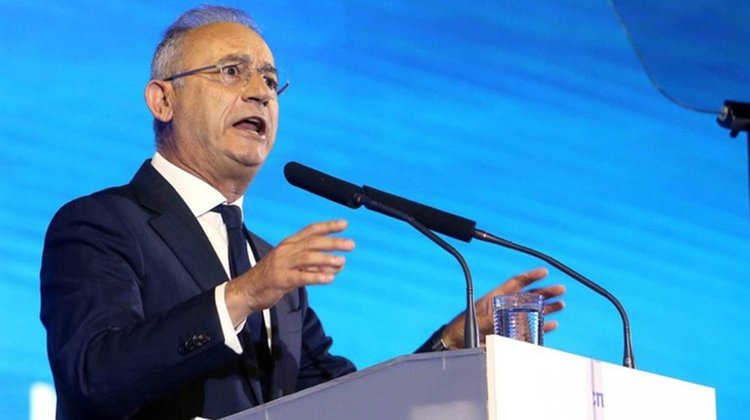Over-reliance on technology can reduce critical thinking skills, warns Neophytou
08:15 - 30 January 2024

Over-reliance on technology can reduce the critical thinking ability of students and teachers, the Deputy Chairman of the Parliamentary Committee on Energy, Commerce, Industry and Tourism and DISY MP Averof Neophytou has said.
He was speaking during his participation in an Inter-Parliamentary Meeting in the framework of the parliamentary dimension of the Belgian Presidency of the Council of the European Union on "Artificial Intelligence and its future implications", which wrapped up in Brussels on 29 January.
According to a House press release, the meeting discussed the future impact of Artificial Intelligence (AI) in the fields of culture, education, health and public administration.
In the context of a discussion on the issue of teaching in the AI era, Neophytou pointed out that over-reliance on technology can reduce the critical thinking ability of both students and teachers, and underlined the importance of critical thinking in the way various important issues evolve. Furthermore, he stressed that this issue should be treated with due seriousness and attention.
(Source: CNA)

